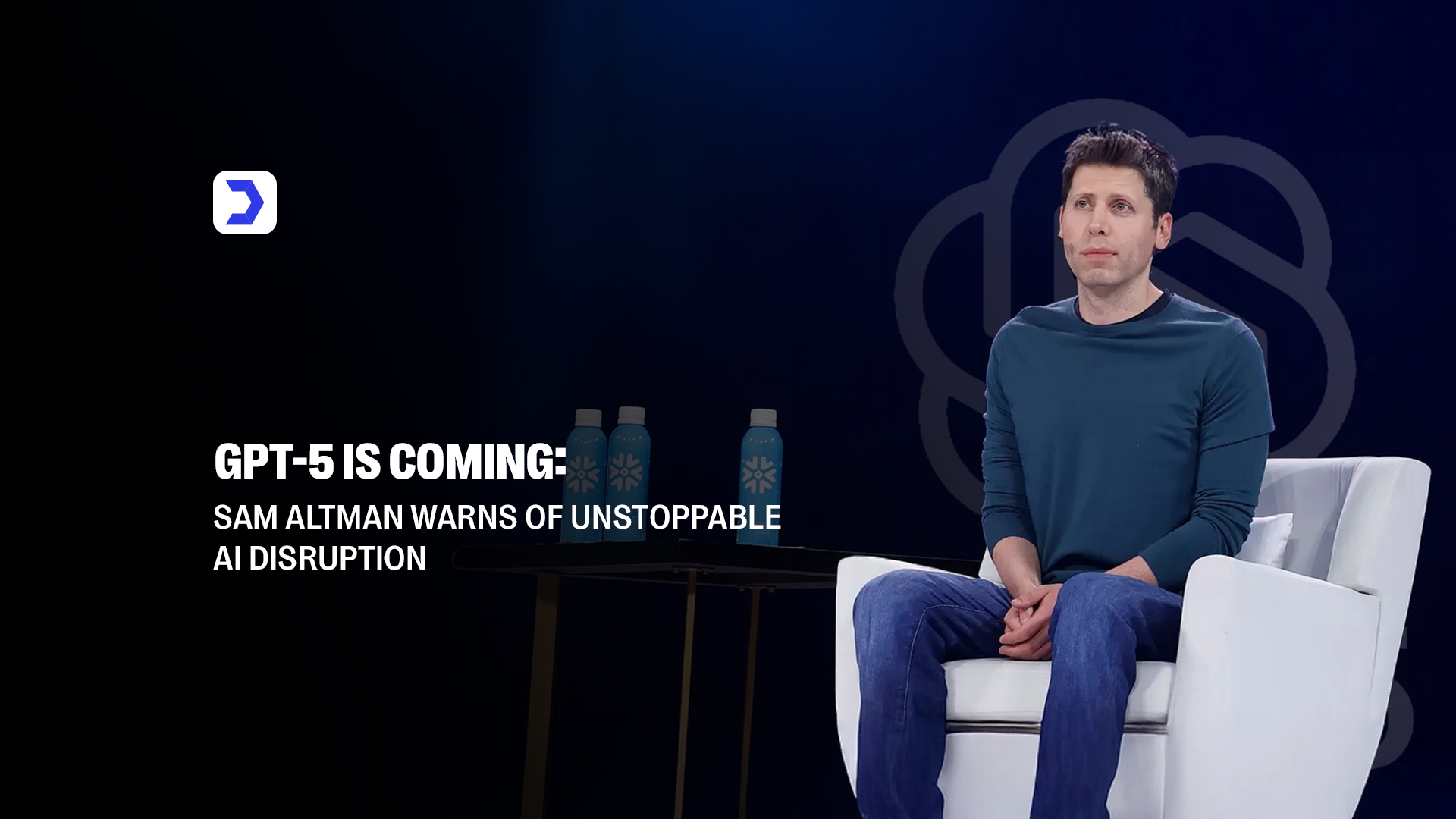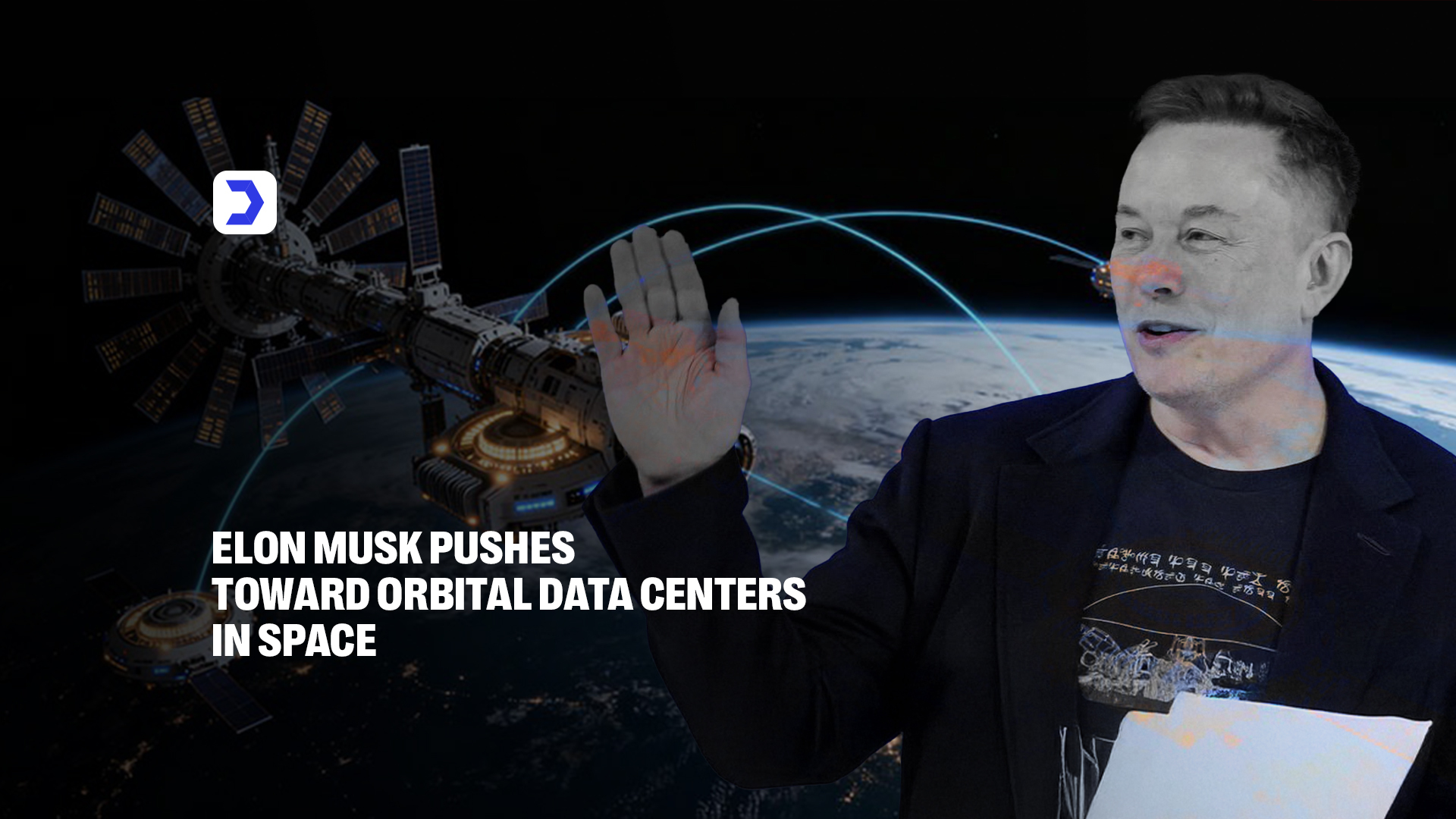Summary
- GPT-5 promises to be a groundbreaking release, as Sam Altman warns of its potential to disrupt industries in unprecedented ways.
- The advancements in GPT-5 will surpass ChatGPT-4, introducing more powerful natural language understanding and more dynamic functionalities.
- GPT-5 is expected to have an immense impact on sectors like healthcare, finance, and customer service, further integrating AI in business operations.
- With the success of ChatGPT, including features like multi-function agents, GPT-5 is set to take these capabilities to a new level of sophistication.
- However, the rapid development of GPT-5 also raises concerns, as issues like partial outages in ChatGPT highlight potential vulnerabilities in increasingly complex AI systems.
- The ethical implications of GPT-5, such as job displacement and accountability, will need to be addressed as AI continues to evolve.
- As GPT-5 is deployed, businesses and governments must prepare for both its incredible potential and the challenges it may present, ensuring responsible integration.
As we approach the release of GPT-5, Sam Altman, CEO of OpenAI, is making it clear that this next iteration of AI is set to bring about significant disruption. Altman’s warning about GPT-5 reflects the immense potential of this model to radically alter industries and society. GPT-5 is expected to push the boundaries of AI’s capabilities even further, advancing natural language processing in ways that previous models, including GPT-4, have only started to hint at. This leap in AI development comes at a time when companies are increasingly relying on AI to improve efficiency, reduce costs, and innovate within their industries.
One of the key changes GPT-5 will bring is an even deeper level of understanding and contextual awareness in conversations. OpenAI’s multi-function agents inside ChatGPT are just the beginning, showing how AI can carry out multiple tasks within a single interaction, streamlining everything from customer service to internal operations. As GPT-5 is released, it is expected to incorporate even more advanced functionalities, which will make it more versatile and capable of handling more complex tasks than ever before.
However, with these advancements come new challenges. As AI becomes more integrated into business and society, there will be growing concerns about the potential for job displacement, the ethical implications of AI decisions, and the security risks posed by these increasingly powerful tools. The rapid expansion of AI into every corner of business, driven in part by models like GPT-5, could make it harder for businesses and governments to keep up with regulation and oversight. These concerns are amplified as AI systems begin to operate autonomously, making decisions and taking actions without direct human oversight.
Altman’s warning about unstoppable disruption reflects the reality that GPT-5, like previous models, will not only enhance business operations but could also fundamentally change how work is done across industries. Whether it’s enhancing coding with tools like Codex or providing complex insights with improved AI models, the potential for transformation is immense. For businesses using AI to automate their workflows, adapt to customer needs, and improve internal processes, GPT-5 could become a game-changer, creating new opportunities while posing new risks that need to be carefully managed.
GPT-5: The Destroyer of Worlds?
As GPT-5 looms on the horizon, many are questioning whether it will be the ultimate tool that revolutionizes AI or a disruptive force that might be difficult to control. Sam Altman’s warning about GPT-5’s potential to disrupt entire industries is not unfounded. With AI evolving at an unprecedented rate, there’s growing concern that systems like GPT-5 could become too powerful, leading to consequences that are hard to predict. The rapid development of AI tools, such as OpenAI’s ChatGPT, has already demonstrated how susceptible these systems are to issues like partial outages, where users are left waiting for extended periods while the system recovers. As GPT-5’s capabilities expand, similar challenges might become more prevalent, making us question whether AI could outpace our ability to manage it.
The risk of becoming overly reliant on such advanced AI systems is significant. While GPT-5 is expected to streamline business operations and enhance productivity, it also has the potential to disrupt established workflows and job markets. Companies already utilizing AI for complex tasks, such as customer support or content generation, have seen significant improvements. However, when these systems begin to malfunction or fail, like we witnessed with ChatGPT’s partial outage, the impact can ripple across entire industries. A system that’s too powerful or unpredictable could create new vulnerabilities in critical sectors, including healthcare, finance, and government.
Furthermore, GPT-5’s enhanced decision-making abilities could challenge ethical boundaries, forcing developers to confront questions about transparency, accountability, and AI governance. The fear is that these systems may become so autonomous and complex that even their creators may lose full control over them. As AI models like GPT-5 continue to evolve, the potential for both massive advancements and unforeseen setbacks grows. Will GPT-5 truly become the transformative tool we’ve been waiting for, or will it lead to unintended consequences that we aren’t fully prepared for? As we approach its release, it’s clear that the stakes are higher than ever.




